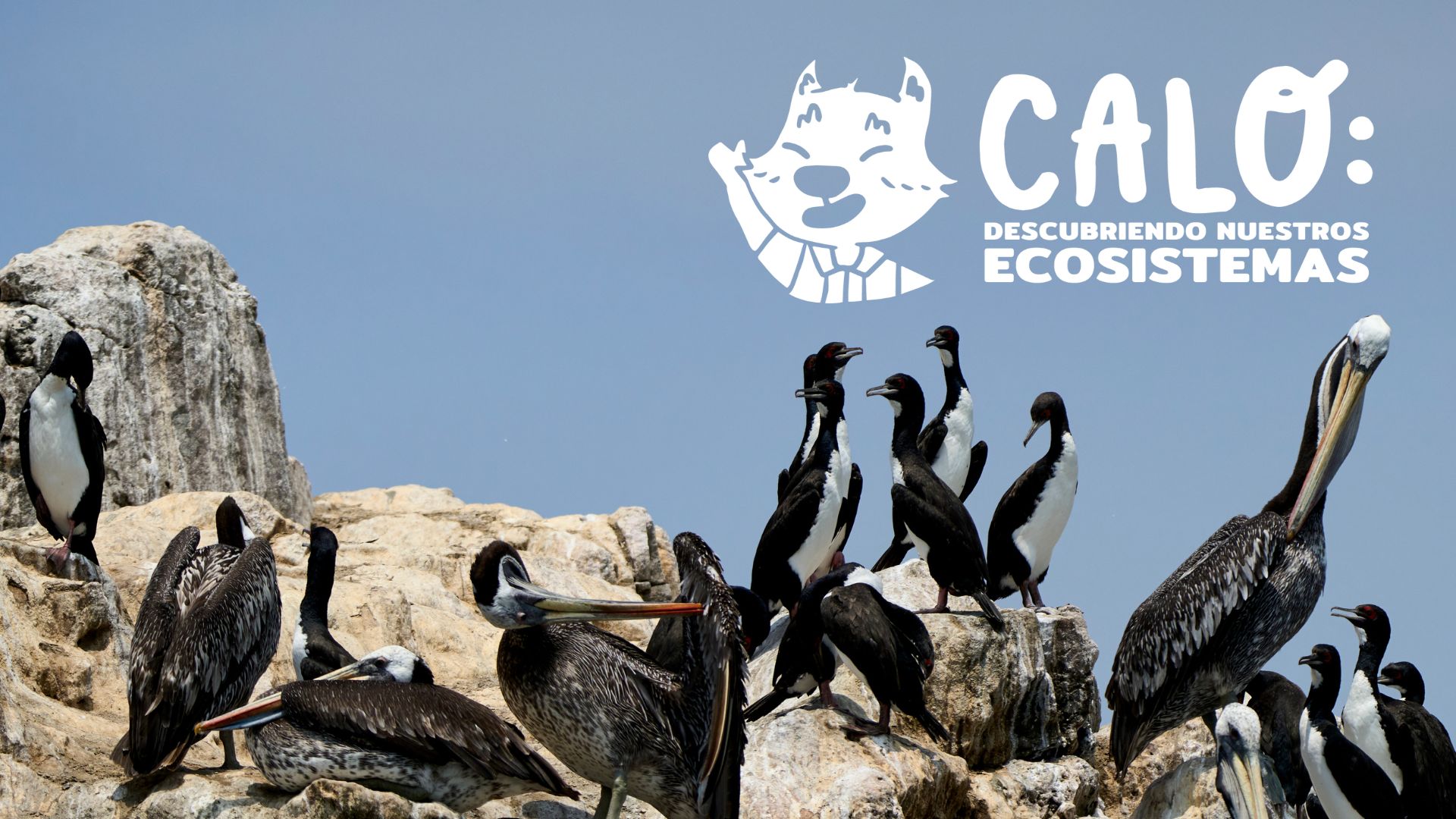SPDA Campaign aims to Highlight the Need to Protect Fragile Ecosystems in Peru

Fragile ecosystems, located in the coast, highlands and jungle of Peru, are ecosystems with unique characteristics or resources that have a low capacity to return to their original conditions, making them unstable in the face of human or natural events that alter their structure or composition.
According to the General Environmental Law, these ecosystems include, among others, deserts, semi-arid lands, mountains, swamps, wetlands, bays, small islands, wetlands, high Andean lagoons, coastal hills, cloud forests and relict forests.
In order to protect fragile ecosystems that are in a good state of conservation and have a high biological value in terms of forest and wildlife resources, the National Forestry and Wildlife Service (Serfor) has a Sectoral List of Fragile Ecosystems. There are currently 187 fragile ecosystems on the list. Almost all of these have been identified in the Amazon region, while the process is underway in the coastal and highland regions.
These areas have a high conservation value, as they are habitats in good condition with a great wealth of flora and fauna, and contain the presence of endangered and endemic species. However, they face numerous threats, from habitat degradation to climate change, which makes it necessary to work on an adequate management that allows the sustainable use of resources and ecosystem services, guaranteeing their conservation.
In this context, “Calo: discovering our ecosystems” was born, a campaign of the Peruvian Society for Environmental Law (SPDA), which aims to raise awareness of the value and benefits of fragile ecosystems for conservation and to promote greater involvement in management by local, regional and national authorities and the community in general.
The character of the campaign is Calo, a coastal fox (Lycalopex sechurae) who, thanks to his love of nature and his desire to explore, will try to connect with people of all ages and convey the message of conservation of these spaces.
The campaign will include a series of educational and awareness-raising activities, including workshops and multimedia content. It will also promote active public participation through social networks and other digital platforms, encouraging people to share their own experiences in the conservation and management of fragile ecosystems.
“As SPDA, we appreciate that Serfor sees us as allies in addressing this issue, and we believe it is important to position the figure of fragile ecosystems before citizens and authorities at all levels. In order to implement effective actions to manage these areas in a sustainable, decentralized and, above all, participatory way that will also benefit the local population,” says Angélica Gómez, Legal Assistant of the Forests and Ecosystem Services Program of the SPDA.
Learn more about Calo at the following link:
Ver esta publicación en Instagram